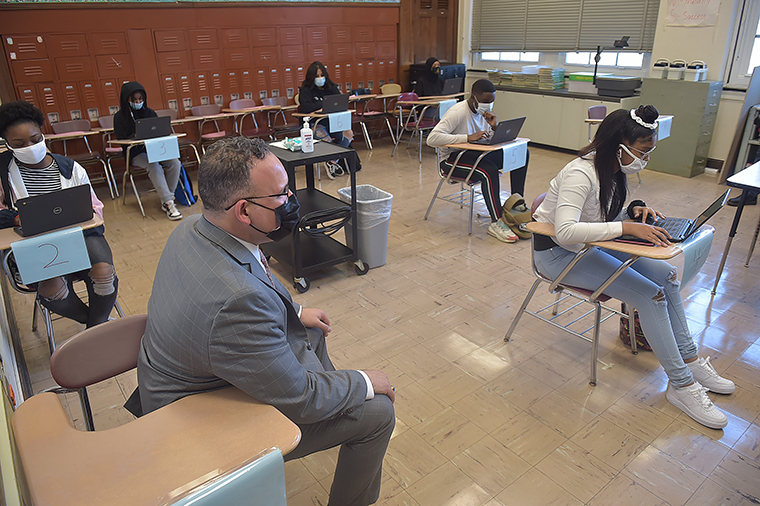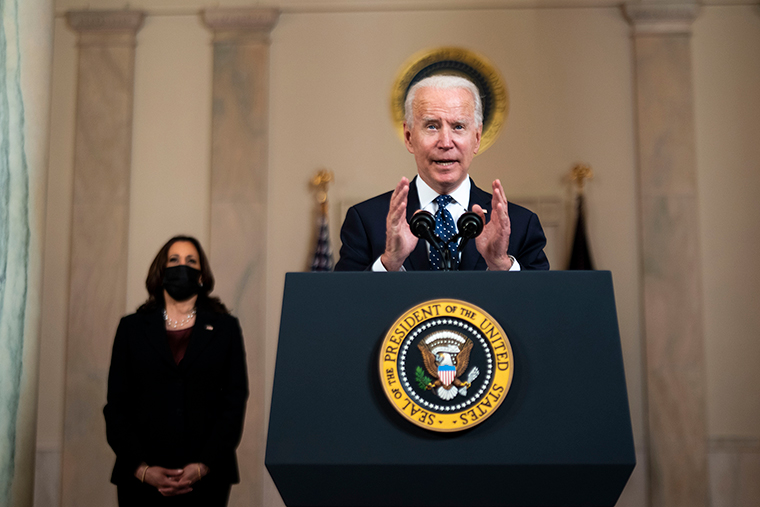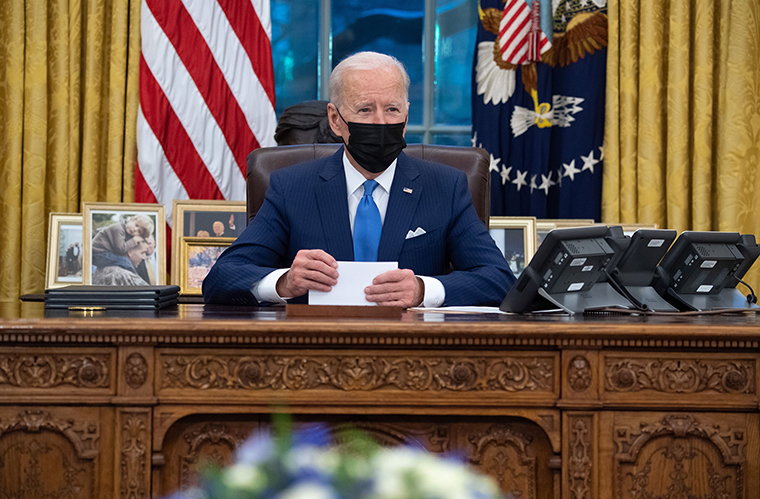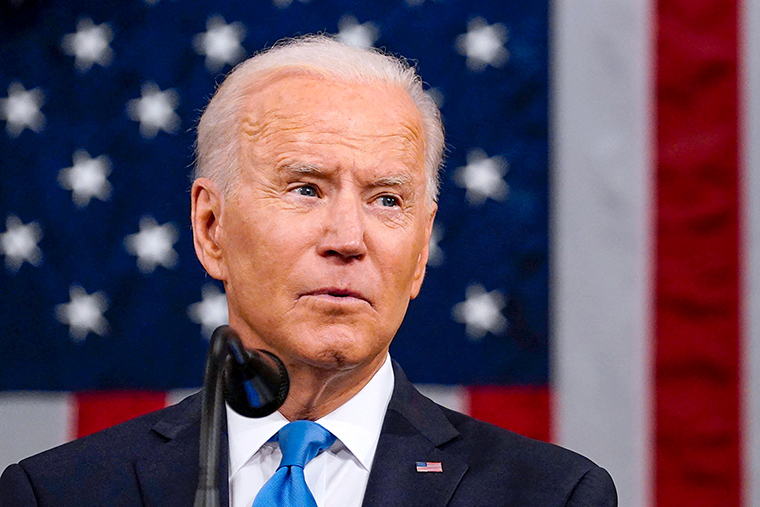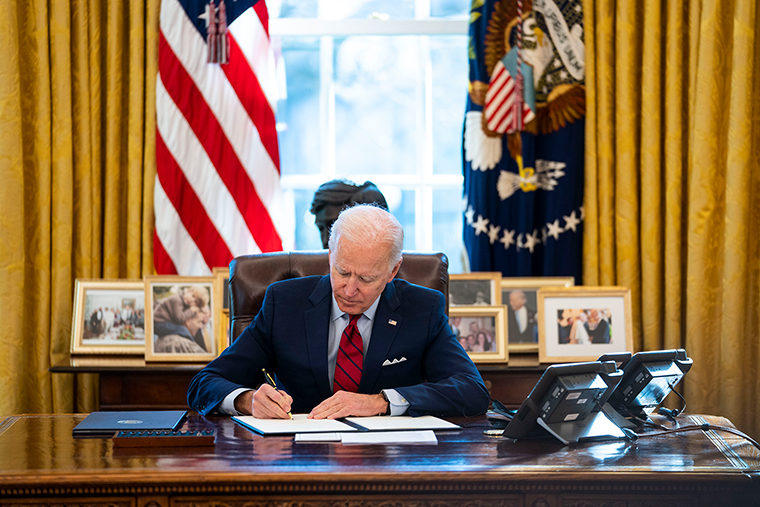As President Biden marks the milestone of his first 100 days in office, anti-death penalty advocates are growing frustrated with his silence and inaction on a campaign promise to end capital punishment.
While there haven't been any federal or state executions since Biden took office, about 2,500 men and women sit on death row in federal and state prisons across the country – and advocates say that, in the absence of an executive order from the White House, a state can at any moment schedule executions or the Justice Department can decide to calendar a federal inmate's death date.
Biden's plan to strengthen America's commitment to justice included a promise to pass legislation eliminating the death penalty on the federal level and to "incentivize states to follow the federal government's example. These individuals should instead serve life sentences without probation or parole."
During Biden's first 100 days in office, he has signed executive orders to reverse his predecessor's policies, signed a major economic stimulus bill and ramped up Covid vaccination rates. Virginia Democrats enacted legislation in March abolishing the state death penalty – the 23rd state, but the first southern one, to do so – yet Biden has remained focused on other agenda items.
The President has not directly addressed the death penalty since taking office – though White House press secretary Jen Psaki said in March that Biden continues to have "grave concerns" about the practice.
"President Biden made clear, as he did on the campaign trail, that he has grave concerns about whether capital punishment, as currently implemented, is consistent with the values that are fundamental to our sense of justice and fairness," Psaki said after the Supreme Court agreed to review a death penalty case involving the Boston Marathon bomber.
CNN reaching out to the White House for further comment and received the same statement from Psaki.
Abolishing the death penalty statute through Congress would prevent a future administration from restarting federal executions – as former President Trump did – but members of Congress, former and current law enforcement as well as civil and human rights groups are urging Biden to use his executive pen to pause the federal death penalty.
"There are mounting calls from criminal justice, law enforcement and other leaders for the President to seize this moment as an increasing number of governors in states like Virginia have moved in the direction to abolish the death penalty," said Miriam Krinsky, the executive director of the legal advocacy group Fair and Just Prosecution, one of dozens of legal organizations that sent letters to Biden urging him to take immediate action. "The death penalty should end in the federal landscape once and for all and in a way that can't be resurrected by a future administration."
You can read more on the issue here.
